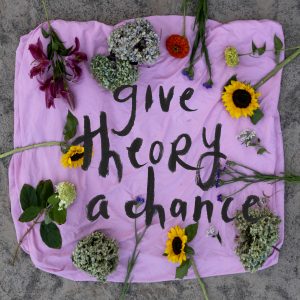In this episode we are joined by Richard Pringle, Professor of Sport, Health and Physical Education at Monash University. Richard reflects on the challenge of transitioning from reading kinesiology to reading Michel Foucault, discusses how Foucault provided him with a lens to understand pain and gender on the rugby pitch, and offers advice on the importance of engaging with the original text when employing the ideas of a social theorist.
Podcast: Play in new window | Download
Subscribe: RSS

